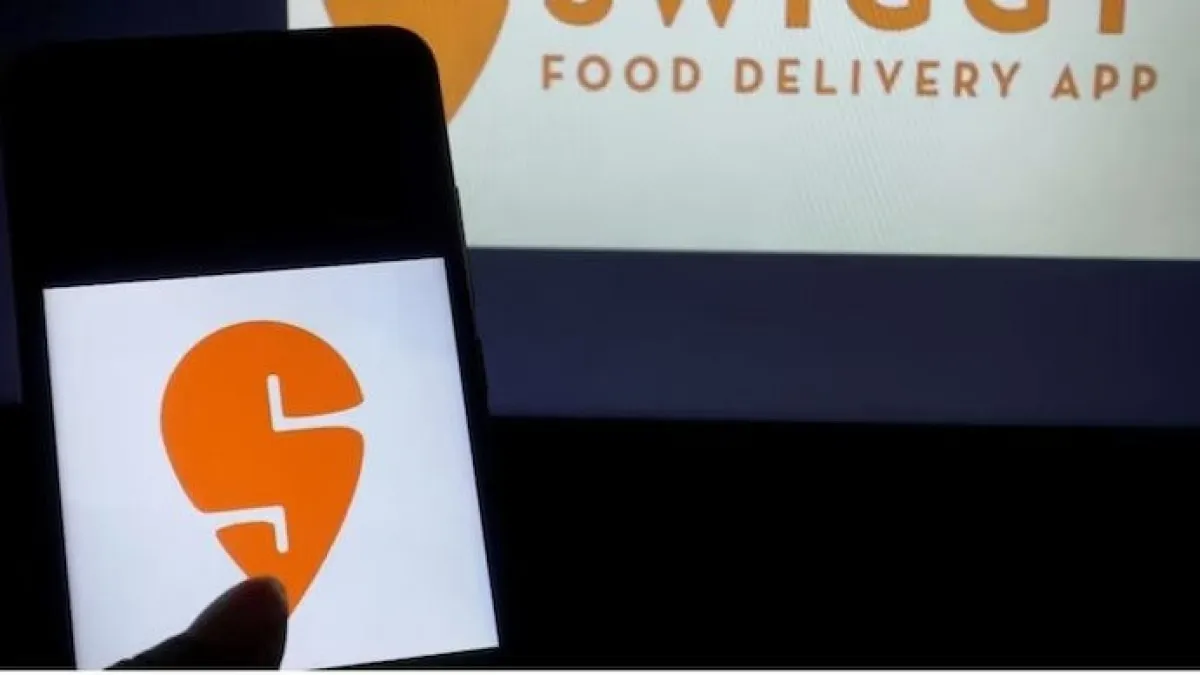Several Swiggy users recently raised concerns about discrepancies between their food order bills and the amounts charged. Swiggy has responded, explaining that a technical bug was responsible for the issue, and reassuring customers that they were not overcharged. How did Swiggy respond? Find out.
What are the users complaining about on Social Media?
Numerous Swiggy users took to social media, particularly Twitter, to highlight billing discrepancies in their food orders. They reported a slight difference of around Rs 3 between the bill total and the amount charged to them.
Did Swiggy provide any Clarification?
Swiggy addressed the issue and clarified that the difference in billing was due to a technical bug. The bug displayed an additional discount on the bill, which caused confusion among customers.
Are the customers paying additional charges?
The company emphasized that no customers were overcharged, and they paid the correct amount for their orders. Swiggy assured users that the bug had been identified and resolved.
Let’s focus on the user feedback?
Some users on social media acknowledged that it might have been a display error, recognizing an extra Rs 3 discount on each order. They noted that while the platform fee of Rs 5 had already been discounted to Rs 2, the bug displayed an additional Rs 3 discount, leading to the discrepancy.
But, are the costs rising?
This billing discrepancy occurred amid reports that food orders have become more expensive due to food delivery companies like Swiggy introducing a platform fee of Rs 2-5 per order. Food delivery giants are implementing these fees as part of their efforts to achieve profitability.
This is not just about delivery food
The issue highlights a broader trend in the industry, where e-commerce firms are also charging customers for added convenience, ultimately increasing the cost of online shopping.
So, what is the outcome?
Swiggy’s response to the billing discrepancy issue is reassuring for its users, clarifying that the problem arose from a technical bug and not from overcharging. The incident also underscores the evolving dynamics of cost structures in the food delivery and e-commerce sectors, with platform fees becoming more common as companies strive for profitability.



